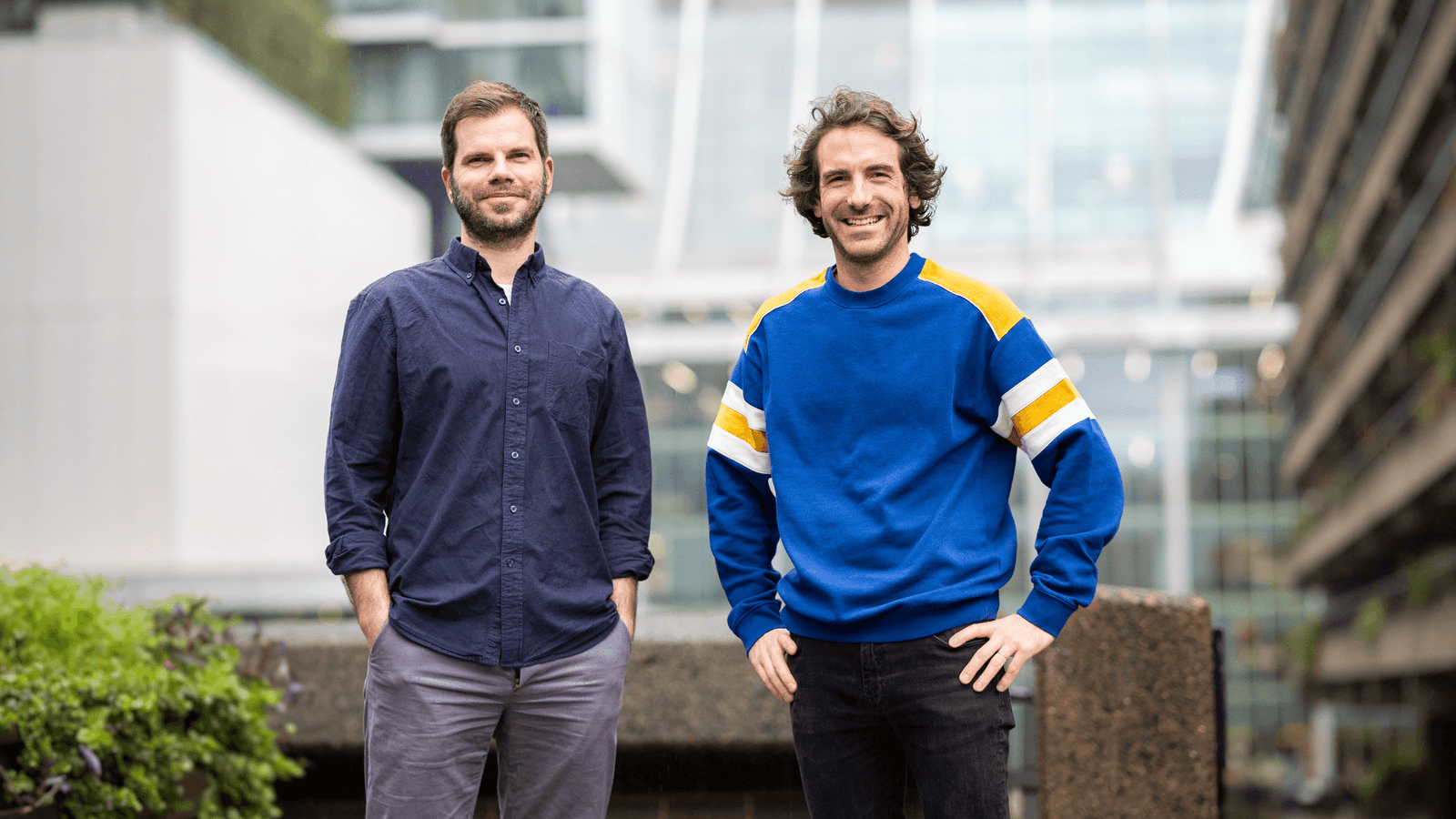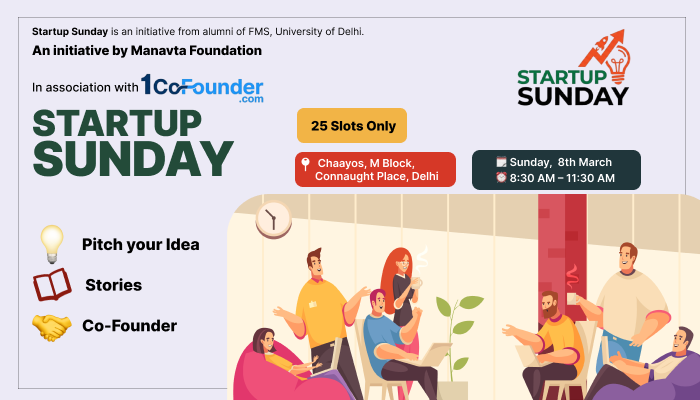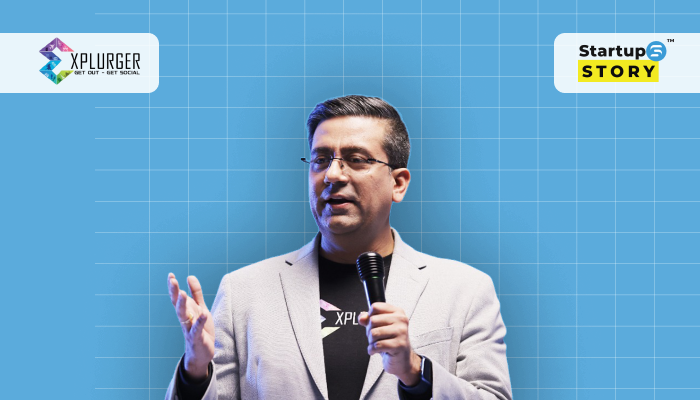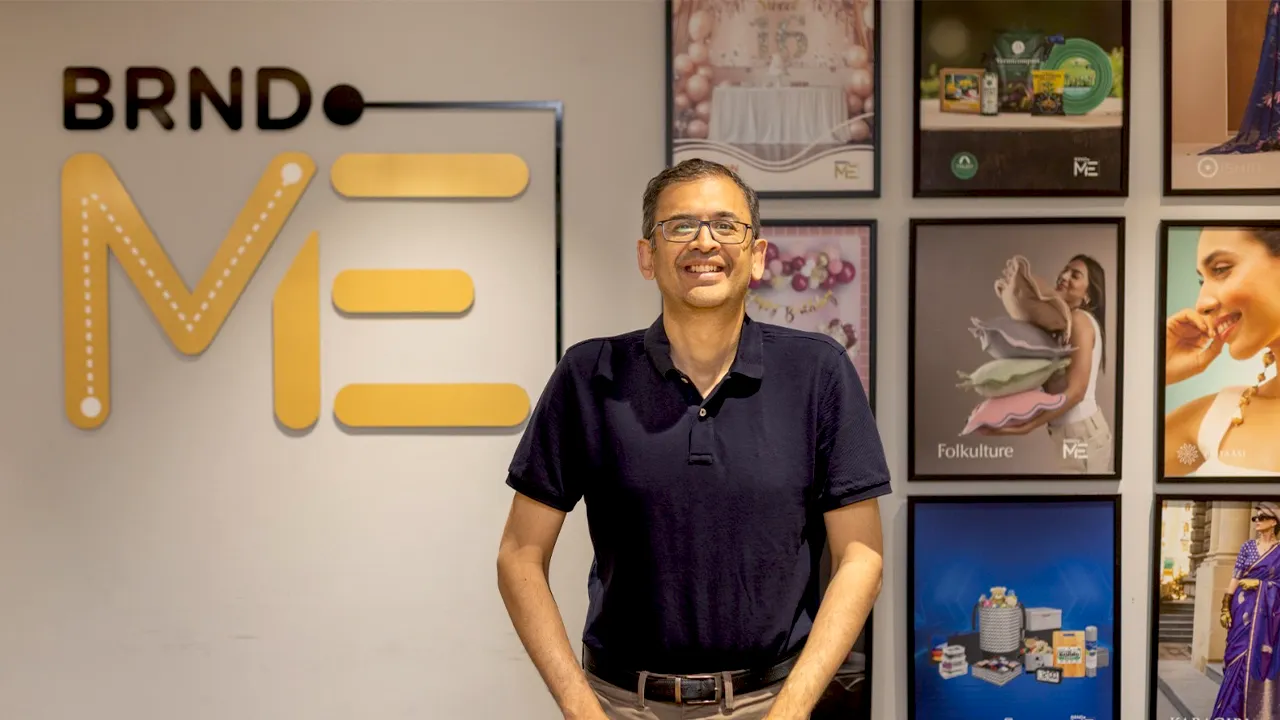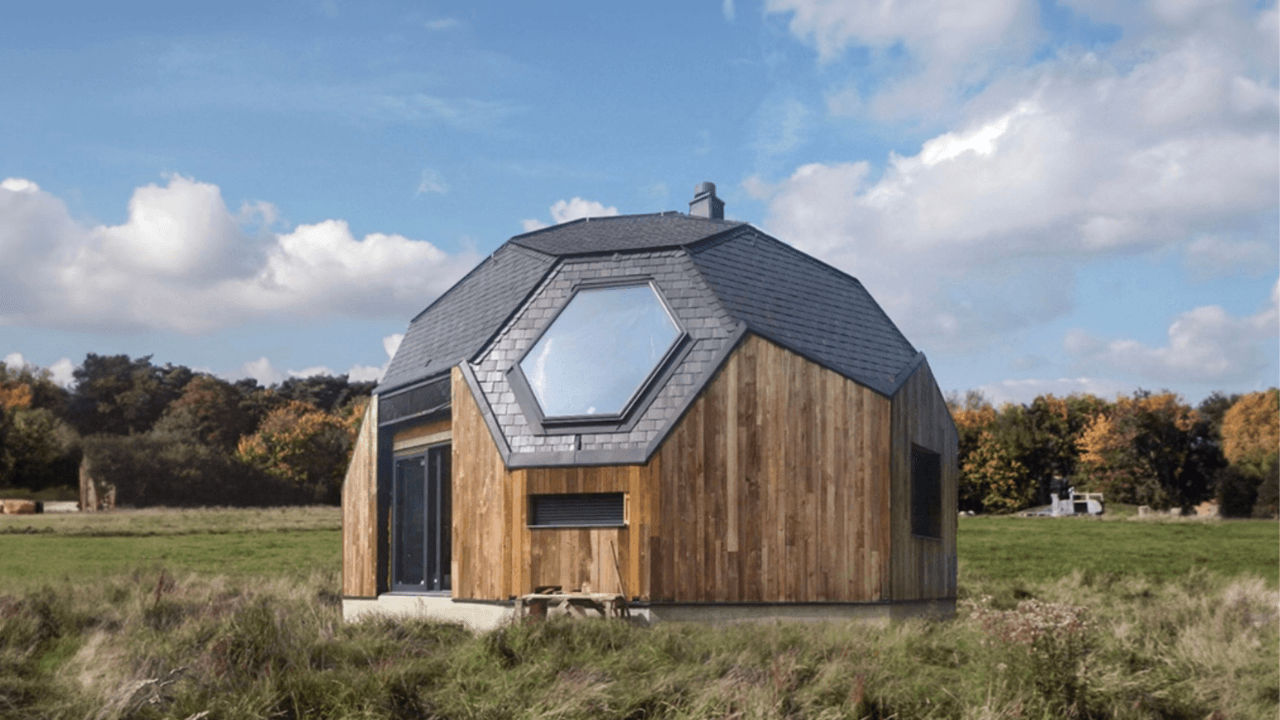Health Insurtech Startup, Kenko Health Raises $1.7M Round Led By BEENEXT And Orios
- BySheetal Sidhu | August 10, 2021
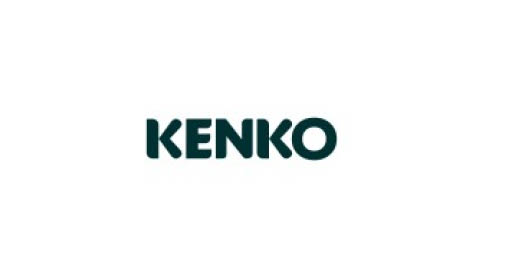
Kenko Health, a Mumbai-based health insurtech startup, has raised $1.7 million as a part of its pre-Series A round from BEENEXT and Orios as co-lead investors. This round also saw participation from Accelerator VC, 9Unicorns, and Waveform Ventures. The startup said the investment will primarily be used for product development, specifically in the OPD space, and to expand the core team. Aniruddha Sen, Co-founder, Kenko Health, said, “At Kenko, customer experience is of primary importance and, towards that end, we set out to create a unique system of benefit payout where the customer receives the cost of treatment directly into their bank account before the treatment starts. With partners such as BEENEXT and Orios backing us, we are confident of giving India’s health insurtech a much needed digital makeover. We are aiming to add 20,000 users to our programme this year and another 100,000 next year.”
In the Indian health insurance space, most companies only focus on covering hospitalisation costs, the startup said. On an average, close to 75 percent of an individual’s lifetime healthcare expenses are incurred outside of a hospital. This includes doctor fees, medicine expenses, diagnostic tests, and even non-prescription products and services such as infant care, vision care, dental care, hair and skin care and so on. Through Kenko, the founders are looking to build the country’s first Health Management Organisation (HMO) – a holistic concept where companies don’t just simply cover healthcare expenses, but also, actively manage customers’ medical conditions, thereby leading to better long-term health outcomes.

Rahul Maheshwari, Investment team at BEENEXT said, “Their unique subscription model and focus on overall healthcare, including OPD, makes Kenko a disruptor in this space. We are excited to be partnering with Kenko Health in their pursuit to make health insurance affordable and accessible to the larger Indian population.”

